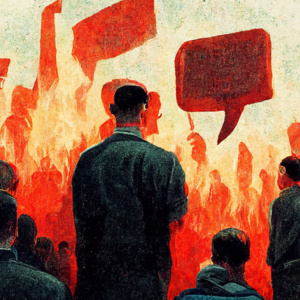Powerful Words: Questions to Consider
by Linda Perlman Fields

Although I am of the mind that censorship is wrong, there are times when ‘wrong’ doesn’t work, such as in the case of hate speech. But if I were to say how I feel about books being rewritten to make them more in line with modern sensibilities, I’d have to argue it depends. Works by Ian Fleming, Agatha Christie, Ursula Le Guin and Roald Dahl are being reissued with changes to replace words considered offensive today. In Fleming’s books, for example, the racist N word and references to the ethnicity of some characters have been removed. In Dahl’s “Charlie and the Chocolate Factory,” the character Augustus Gloop is now “enormous” instead of “fat” and the Oompa-Loompas have changed from “small men,” to “small people.”
The idea isn’t new. Back in 1807, Thomas Bowdler, an English physician, published “The Family Shakespeare” which he believed would be more appropriate for 19th-century women and children. That edition changed Ophelia’s death in Hamlet to an accidental drowning, not a potential suicide, and “God!” is replaced with “Heavens!” Thus emerged the term Bowdlerism: the removal from a book (or any work of art) of elements considered unacceptable today.
Would Dahl, Christie, Le Guin or Fleming want their books to remain unexpurgated? Should publishers make that decision and what are their motives for bowdlerizing a book? Some would argue it is only about profit; the new editions attract new sales. Others say it is censorship. Yet words can be powerful and historical context may not be something a young independent reader would be aware of when coming across racist, misogynist, anti-Semitic or homophobic words—once tolerated but now totally unacceptable. Still, what about historical accuracy? If we disinfect history by removing what is objectionable, are we liable to ignore what needs to be remembered?
The Milford Readers and Writers Festival will examine these questions in a panel discussion: “Rewriting Shakespeare: Should Books Be Revised to Reflect Social Change? Balancing history, accuracy, and sensitivity.” We hope to see you there!
